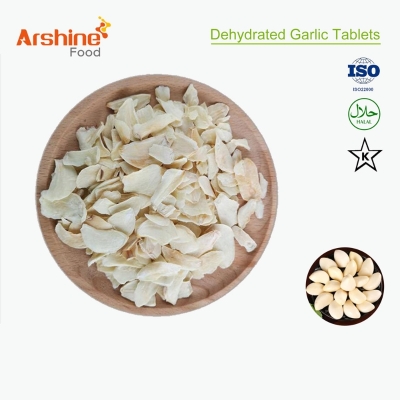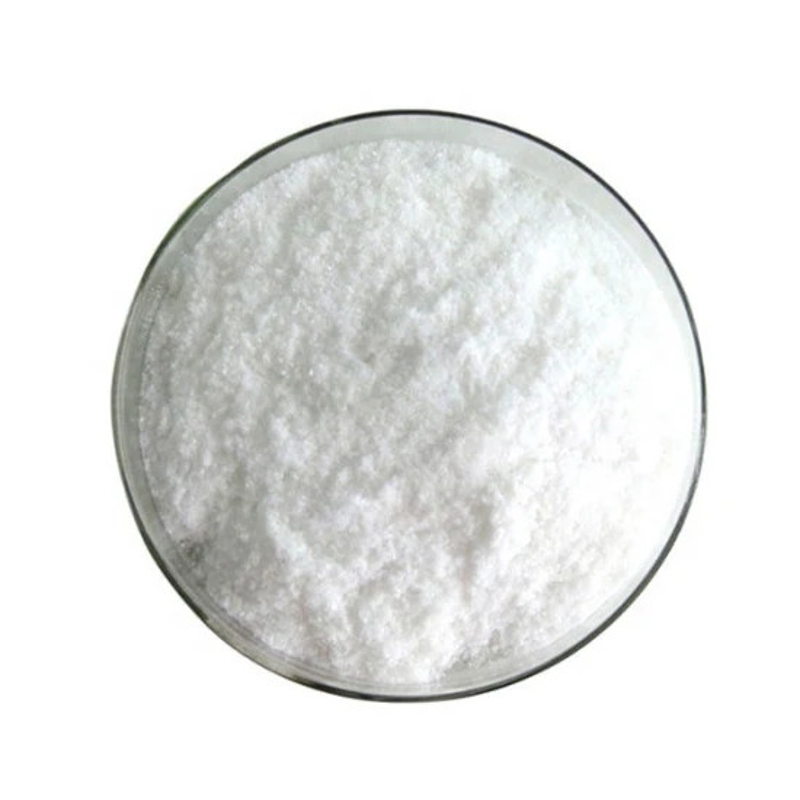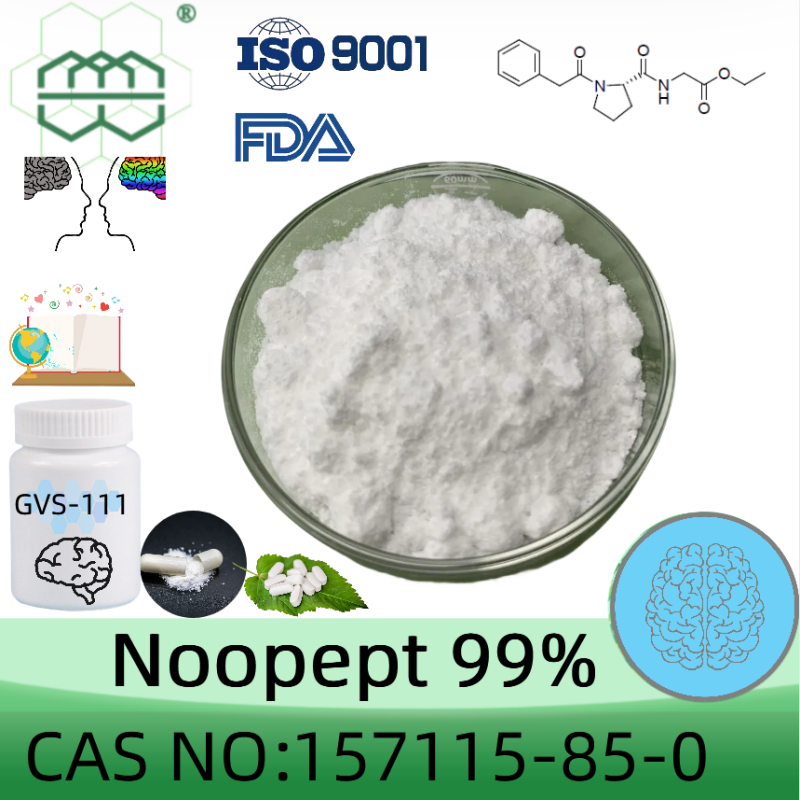-
Categories
-
Pharmaceutical Intermediates
-
Active Pharmaceutical Ingredients
-
Food Additives
- Industrial Coatings
- Agrochemicals
- Dyes and Pigments
- Surfactant
- Flavors and Fragrances
- Chemical Reagents
- Catalyst and Auxiliary
- Natural Products
- Inorganic Chemistry
-
Organic Chemistry
-
Biochemical Engineering
- Analytical Chemistry
-
Cosmetic Ingredient
- Water Treatment Chemical
-
Pharmaceutical Intermediates
Promotion
ECHEMI Mall
Wholesale
Weekly Price
Exhibition
News
-
Trade Service
The EU's strict new rules on citrus imports remain in effect, but a new arrangement will be implemented to partially release South African citrus currently stranded in European ports, the news 24-hour website reported on August 11. Over the weekend, South Africa’s Department of Agriculture, Land Reform and Rural Development (DALRRD) and the Department of Trade, Industry and Competition, in consultation with the European Union, urged it to reissue phytosanitary certificates for compliant containers so they can be release.
Deon Joubert, special envoy for EU market access for the Citrus Growers Association of South Africa (CGA), said the organisation was in daily contact with DALRRD to ensure that containers held at EU ports were urgently release.
The CGA initially estimates that the new EU regulations will affect 1,350 containers, of which 820 will receive new phytosanitary certificate.
It is reported that so far, the citrus stranded in the port has caused losses of more than 200 million rand to South African citrus grower.
According to Joubert, the arrangement brokered by the South African government does not address the huge and ongoing threat to the citrus industry posed by the long-term implementation of the new regulation.
Citrus importsDeon Joubert, special envoy for EU market access for the Citrus Growers Association of South Africa (CGA), said the organisation was in daily contact with DALRRD to ensure that containers held at EU ports were urgently release.
The CGA initially estimates that the new EU regulations will affect 1,350 containers, of which 820 will receive new phytosanitary certificate.
It is reported that so far, the citrus stranded in the port has caused losses of more than 200 million rand to South African citrus grower.
According to Joubert, the arrangement brokered by the South African government does not address the huge and ongoing threat to the citrus industry posed by the long-term implementation of the new regulation.







